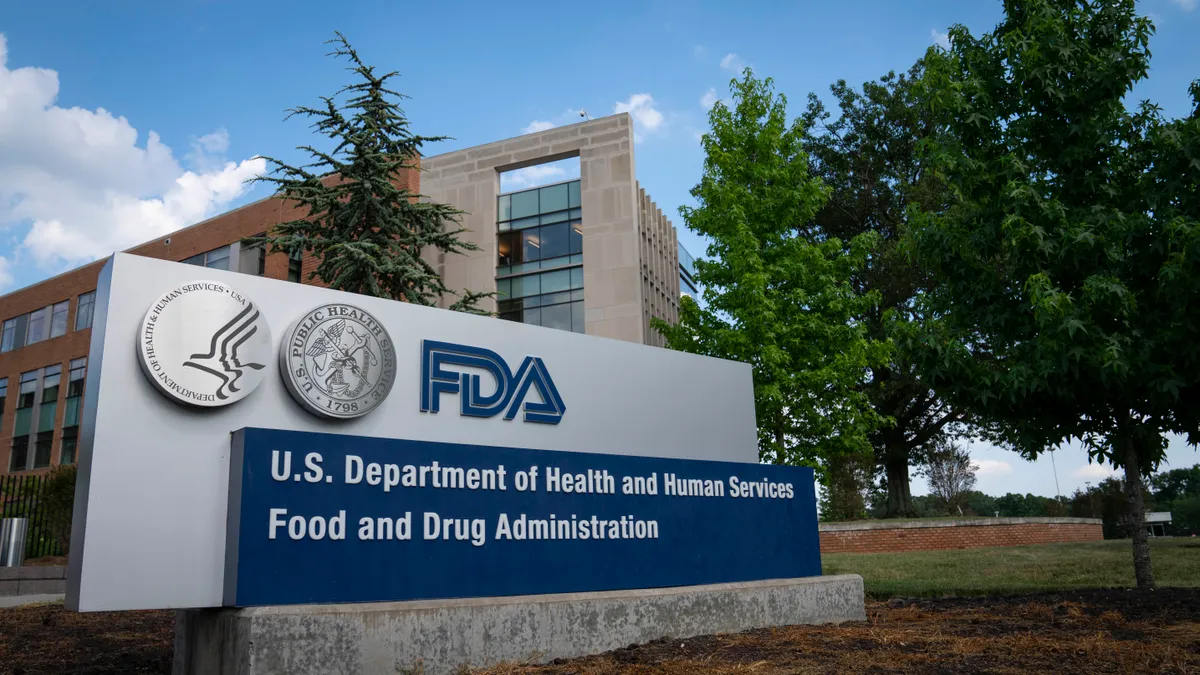Dive Brief:
- The Food and Drug Administration has categorized Smiths Medical’s correction of more than 50,000 syringe pumps in the U.S. as a Class I recall.
- Smiths Medical, which became part of ICU Medical in a $2.35 billion takeover in January 2022, wrote to customers in December after identifying software problems that could cause its Medfusion 4000 syringe pump to fail. There has been one reported injury linked to the problem.
- The recall is the latest in a series of regulatory actions related to Smiths Medical. ICU Medical was still working to resolve a warning letter sent to Smiths Medical in 2021 and was facing falling sales of acquired products as of Sept. 30, according to its most recent quarterly results filing.
Dive Insight:
The Class I recall applies to Model 4000 syringe pumps distributed between November 2010 and July 2023. The devices are designed to administer fluids such as blood, lipids, drugs and antibiotics via various delivery routes in healthcare settings.
Earlier versions of the pump software may affect “the alarm system, the pump, the control screen and other parts of the pump,” the FDA wrote in its Wednesday recall notice. If undetected, the faults may cause pumps to fail, delaying or interrupting therapy. The FDA concluded the fault could cause serious harm or death.
Smiths Medical corrected the issues in previous software updates and carried the corrections forward into all subsequent releases, the company told customers. The company has advised users to ensure the most recent Medfusion software is installed on their pumps.
The problem, which affects more than 60,000 devices globally, follows other regulatory actions related to the Medfusion line of pumps. In the FDA’s 2021 warning letter, the agency highlighted the failure to report a problem with an electronic component and validate software and design changes as compliance issues. Smiths Medical began a Class I recall in April 2022 and has overseen multiple Class II recalls.
ICU Medical CEO Vivek Jain said on a November earnings call that sales at the infusion systems unit, which includes acquired syringe and inventory pump products, fell 8% to $149 million. The CEO named the syringe pump business as one of a handful of units that was “improving year over year” but “still below historical pre-COVID levels.”
“We need to get all five [units] improving consistently as we become more reliable for customers. But improving that service to the customer, or ensuring it for the legacy ICU product lines, which was exacerbated in the broader supply chain environment last year and the situational issues around the acquisition, came at a cost reflected in cash consumption,” said Jain.










